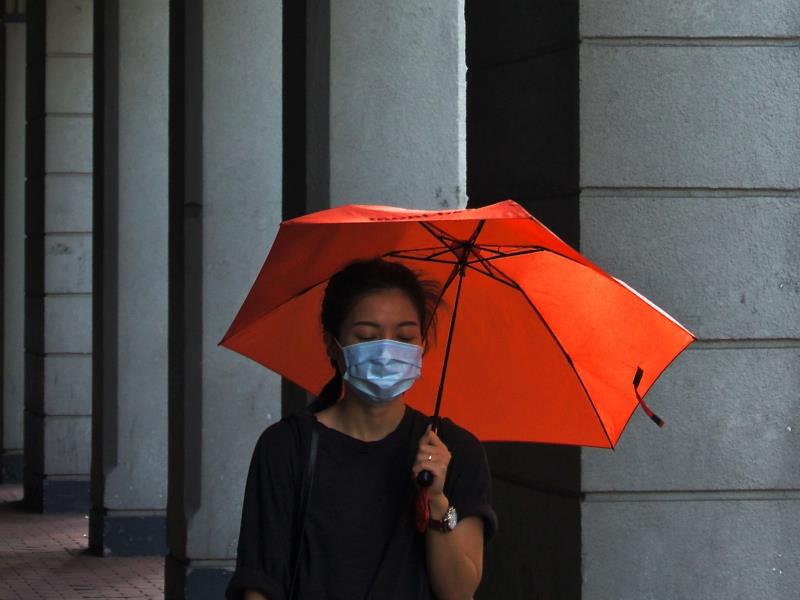3 simple measures to curb COVID-19 even without a vaccine




 A woman in Hong Kong wears a face mask outdoors. (Photo credit: Tam Wai/Unsplash)
A woman in Hong Kong wears a face mask outdoors. (Photo credit: Tam Wai/Unsplash)In the absence of a vaccine or any treatment, a recent study suggests that outbreaks of the novel coronavirus disease (COVID-19) can be effectively mitigated and delayed by adopting these three measures: handwashing, mask-wearing, and social distancing.
“[W]e provide the first empirical basis of how stimulating the uptake of effective prevention measures, such as handwashing or mask-wearing, combined with government-imposed social distancing intervention, can be pivotal to achieving control over a COVID-19 epidemic,” the researchers said.
“While information on the rising number of COVID-19 diagnoses reported by the media may fuel anxiety in the population, wide and intensive promotion of self-imposed measures with proven efficacy by governments or public health institutions may be a key ingredient to tackle COVID-19,” they added.
A deterministic compartmental transmission model of SARS-CoV-2, the virus that causes COVID-19, was developed in a population stratified by disease status (susceptible, exposed, infectious with mild or severe disease, diagnosed, and recovered) and disease awareness status (aware and unaware) due to the spread of COVID-19. Self-imposed measures, including handwashing, mask-wearing, and social distancing, were assumed to be taken by disease-aware individuals.
Current best estimates of key epidemiological parameters from COVID-19 clinical studies were used to establish the parameters of the model. The model outcomes included peak number of diagnoses, attack rate, and time until the peak number of diagnoses.
For fast awareness spread in the population, self-imposed measures led to a significant reduction in the attack rate, as well as a decrease and delay in the peak number of diagnoses. A large epidemic could be prevented if the efficacy of these measures exceeded 50 percent. [PLoS Med 2020;17:e1003166]
For slow awareness spread, self-imposed measures resulted in a lower peak number of diagnoses and attack rate. However, they showed no effect on the timing of the peak.
On the other hand, social distancing policies imposed by the government effectively reduced the contact rate of individuals regardless of their disease or awareness status. Early implementation of this policy could delay the spread of COVID-19 by 7 months for a 3-month intervention, but not reduce the peak.
“Early initiated short-term government-imposed social distancing can buy time for healthcare systems to prepare for an increasing COVID-19 burden,” the researchers noted.
In addition, if social distancing is combined with self-imposed measures (ie, handwashing and mask-wearing) that are continued after government-imposed intervention has been lifted, the delay can be extended, and the height of the peak can be further reduced.
Earlier studies suggested that the timing of government-imposed social distancing is crucial for its viability in controlling a large disease outbreak, noting that a late introduction of such interventions could significantly affect the epidemic peak and attack rate. [Proc Natl Acad Sci USA 2007;104:7582-7587; Proc Natl Acad Sci USA 2007;104:7588-7593; PLoS Comput Biol 2011;7:1-11; medRxiv 2020;doi:10.1101/2020.03.02.20030007v1]
“Based on our results, we conclude that handwashing, mask-wearing, and social distancing adopted by disease-aware individuals can delay the epidemic peak, flatten the epidemic curve, and reduce the attack rate,” the researchers said.
“We stress the importance of disease awareness in controlling the ongoing epidemic and recommend that, in addition to policies on social distancing, governments and public health institutions mobilize people to adopt self-imposed measures with proven efficacy in order to successfully tackle COVID-19,” they added.